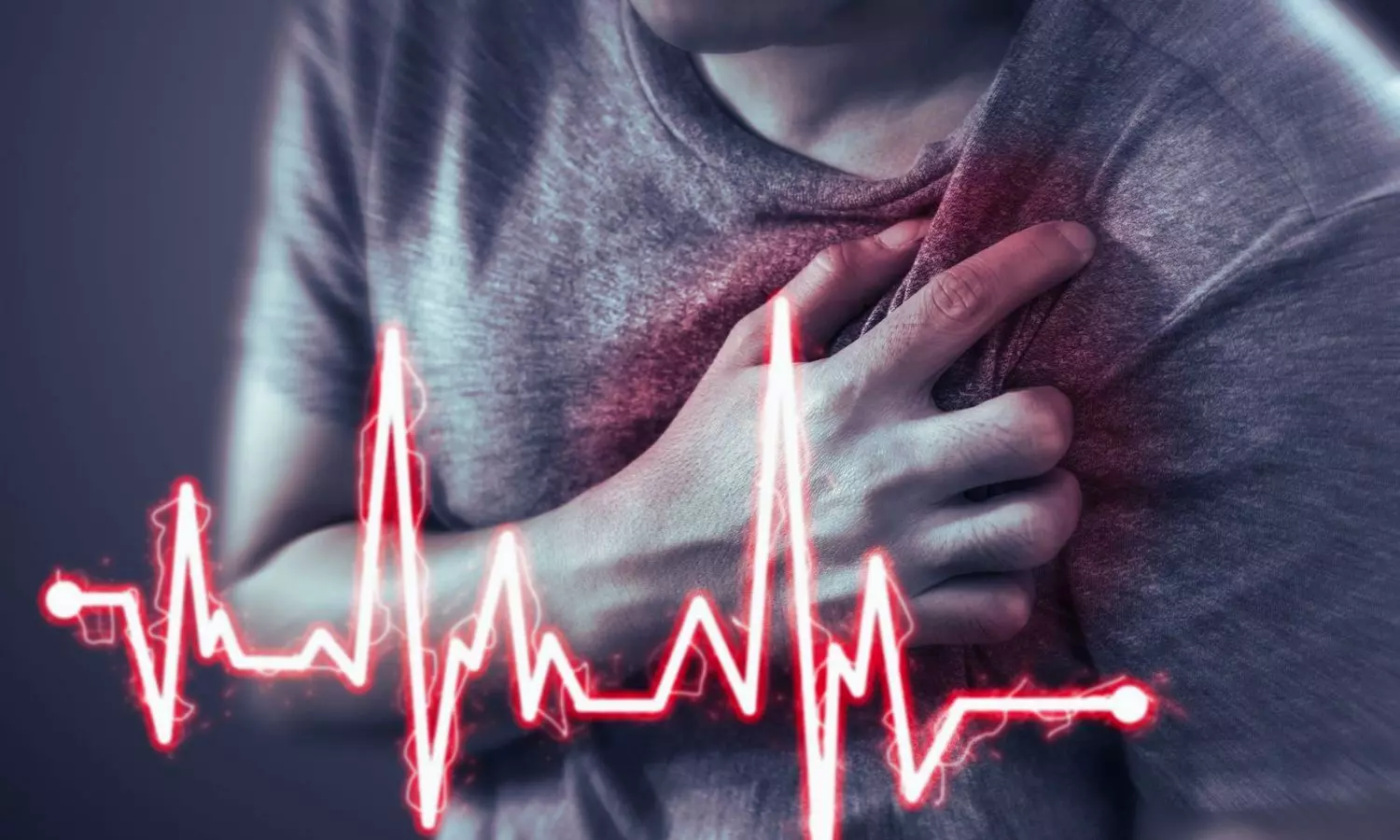- Home
- Medical news & Guidelines
- Anesthesiology
- Cardiology and CTVS
- Critical Care
- Dentistry
- Dermatology
- Diabetes and Endocrinology
- ENT
- Gastroenterology
- Medicine
- Nephrology
- Neurology
- Obstretics-Gynaecology
- Oncology
- Ophthalmology
- Orthopaedics
- Pediatrics-Neonatology
- Psychiatry
- Pulmonology
- Radiology
- Surgery
- Urology
- Laboratory Medicine
- Diet
- Nursing
- Paramedical
- Physiotherapy
- Health news
- AYUSH
- State News
- Andaman and Nicobar Islands
- Andhra Pradesh
- Arunachal Pradesh
- Assam
- Bihar
- Chandigarh
- Chattisgarh
- Dadra and Nagar Haveli
- Daman and Diu
- Delhi
- Goa
- Gujarat
- Haryana
- Himachal Pradesh
- Jammu & Kashmir
- Jharkhand
- Karnataka
- Kerala
- Ladakh
- Lakshadweep
- Madhya Pradesh
- Maharashtra
- Manipur
- Meghalaya
- Mizoram
- Nagaland
- Odisha
- Puducherry
- Punjab
- Rajasthan
- Sikkim
- Tamil Nadu
- Telangana
- Tripura
- Uttar Pradesh
- Uttrakhand
- West Bengal
- Medical Education
- Industry
Thrombolytics in cardiac arrest due to pulmonary embolism may lead to return of spontaneous circulation

USA: The use of intravenous (IV) thrombolytics during cardiac arrest due to presumed pulmonary embolism (PE) may provide clinical benefits, findings from a meta-analysis have shown. The findings were published online in the Journal of Intensive Care Medicine on November 30, 2023.
"Using IV thrombolytics in cardiac arrest due to presumed or confirmed PE is linked with increased return of spontaneous circulation (ROSC) but not survival to hospital or change in bleeding complications," reported Jordan Feltes, George Washington University School of Medicine and Health Sciences, Washington, DC, USA, and colleagues.
They continued, "Currently, we recommend continuing to follow existing consensus guidelines supporting thrombolytics use for this indication."
IV thrombolytics are commonly used for patients whose underlying aetiology of cardiac arrest is presumed to be related to pulmonary embolism during cardiopulmonary resuscitation. Dr Feltes and colleagues aimed to evaluate clinical outcomes in patients who received thrombolytics during cardiac arrest secondary to pulmonary embolism.
For this purpose, the researchers performed a systematic review and meta-analysis of the existing literature focusing on thrombolytics use for cardiac arrest due to confirmed or presumed PE. Outcomes of interest included the return of spontaneous circulation, neurologically intact survival, survival to hospital discharge, and bleeding complications.
The review included thirteen studies comprising 803 patients. Most studies included were retrospective and single-armed.
The study led to the following findings:
- Thrombolytic agent and dose were heterogeneous between studies.
- Among those with control groups, intravenous thrombolysis was associated with higher rates of ROSC (OR 2.55), but without a significant difference in survival to hospital discharge (OR 1.41) or bleeding complications (OR 2.21).
The authors noted that most of the studies included were prospective observational trials, retrospective reviews, or subgroup analyses of randomized clinical trials (RCTs) and demonstrated significant heterogeneity in methods and outcomes.
"The findings showed that ROSC was more common among patients who received thrombolytics compared with those who did not; however, there was no significant difference in bleeding complications or survival to hospital discharge," the researchers wrote.
"There is a need for larger randomized studies to validate this finding," they concluded.
Reference:
Feltes, J., Popova, M., Hussein, Y., Pierce, A., & Yamane, D. (2023). Thrombolytics in Cardiac Arrest from Pulmonary Embolism: A Systematic Review and Meta Analysis. Journal of Intensive Care Medicine. https://doi.org/10.1177/08850666231214754
MSc. Biotechnology
Medha Baranwal joined Medical Dialogues as an Editor in 2018 for Speciality Medical Dialogues. She covers several medical specialties including Cardiac Sciences, Dentistry, Diabetes and Endo, Diagnostics, ENT, Gastroenterology, Neurosciences, and Radiology. She has completed her Bachelors in Biomedical Sciences from DU and then pursued Masters in Biotechnology from Amity University. She has a working experience of 5 years in the field of medical research writing, scientific writing, content writing, and content management. She can be contacted at editorial@medicaldialogues.in. Contact no. 011-43720751



